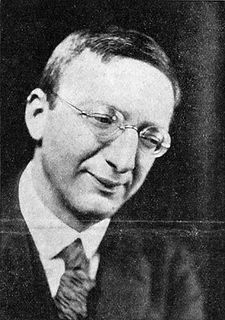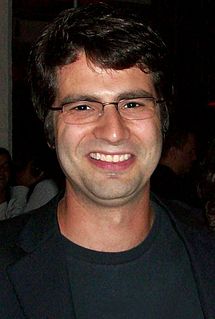A Quote by Annie Dillard
The novel is a game or joke shared between author and reader.
Related Quotes
The contract between the author and the reader is a game. And the game . . . is one of the greatest invetions of Western civilization: the game of telling stories, inventing characters, and creating the imaginary paradise of the individual, from whence no one can be expelled because, in a novel, no one owns the truth and everyone has the right to be heard and understood.
We must be forewarned that only rarely does a text easily lend itself to the reader's curiosity... the reading of a text is a transaction between the reader and the text, which mediates the encounter between the reader and writer. It is a composition between the reader and the writer in which the reader "rewrites" the text making a determined effort not to betray the author's spirit.


































